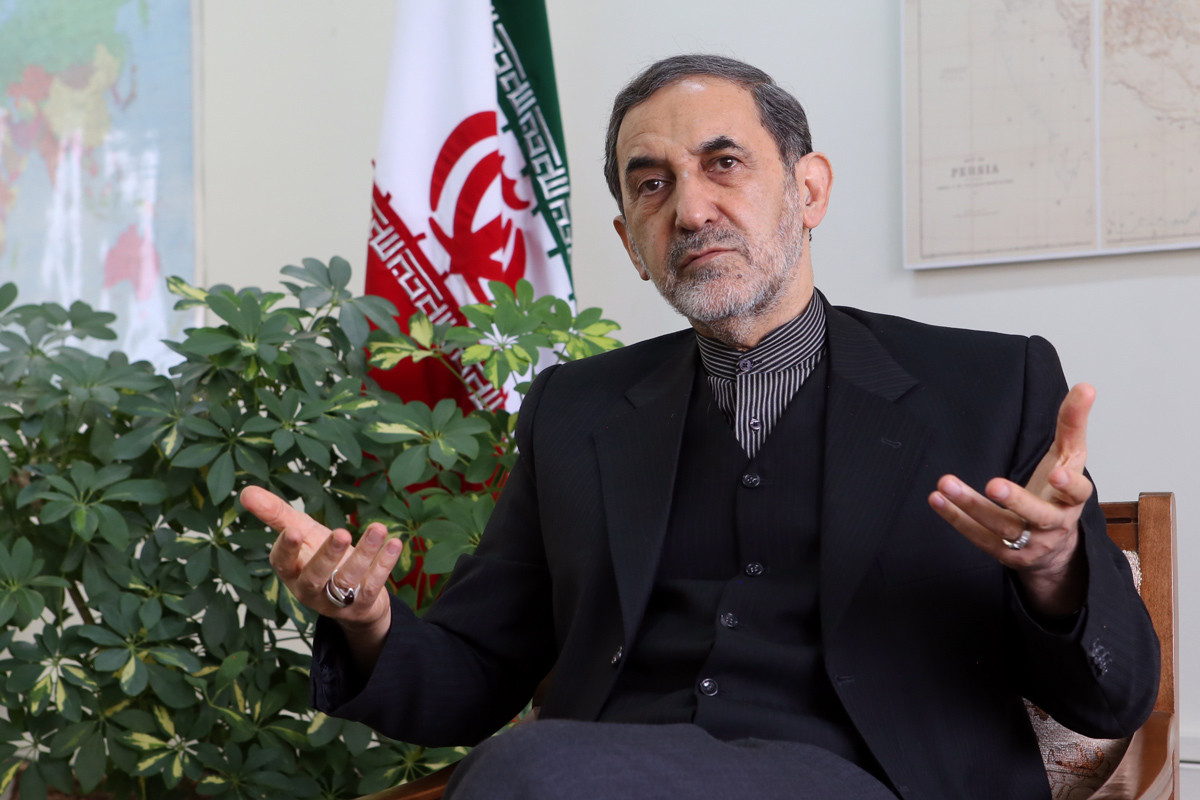Senior Iranian official Ali Akbar Velayati has issued a strong warning to both regional and international actors regarding renewed efforts to push forward the so-called “Zangezur Corridor” project, calling it a violation of regional sovereignty and national interests.
Senior Iranian official Ali Akbar Velayati has issued a strong warning to both regional and international actors regarding renewed efforts to push forward the so-called “Zangezur Corridor” project, which Tehran has consistently opposed.
In a post published on his X (formerly Twitter), Velayati — who serves as the senior advisor on international affairs to Iran’s Supreme Leader Ayatollah Ali Khamenei — stated: “Once again, some governments, claiming authority and indifferent to their own and regional interests, have raised the issue of the Zangezur Corridor and are knocking on every door to advance their illegitimate goals in the South Caucasus. I remind everyone that any government, whether in the region or outside it, that attempts to repeat the previous failed experience will face a firm response from Iran.”
This statement reinforces Iran’s long-standing opposition to any corridor that would cut through southern Armenia and potentially bypass Iranian territory, which officials in Tehran view as a red line.
Back in June, Velayati had stated that Iran had successfully thwarted previous efforts to establish such a corridor, calling it a strategic move designed to isolate Iran from its northern neighbors and to strategically encircle Russia from the south.
In July, during a phone call with Armenia’s National Security Council Secretary Armen Grigoryan, Ali Akbar Ahmadian, the Secretary of Iran’s Supreme National Security Council, also reiterated the Islamic Republic’s firm opposition to any geopolitical changes in the region, emphasizing Iran’s commitment to regional sovereignty and connectivity through peaceful means.
Meanwhile, regional tensions over transport corridors continue to mount. Azerbaijani President Ilham Aliyev has repeatedly insisted that Yerevan must fulfill its commitments and allow unimpeded transit between mainland Azerbaijan and Nakhichevan. In response, Armenian Prime Minister Nikol Pashinyan has maintained that Armenia supports regional railway communication, but only under full Armenian jurisdiction and sovereignty.
Amid these developments, Iranian leaders have grown increasingly wary of rumors that the United States may be seeking a 100-year lease over the proposed route, a move that Tehran believes could pave the way for increased U.S. influence in the South Caucasus — further intensifying Iran’s opposition to the corridor’s revival.


